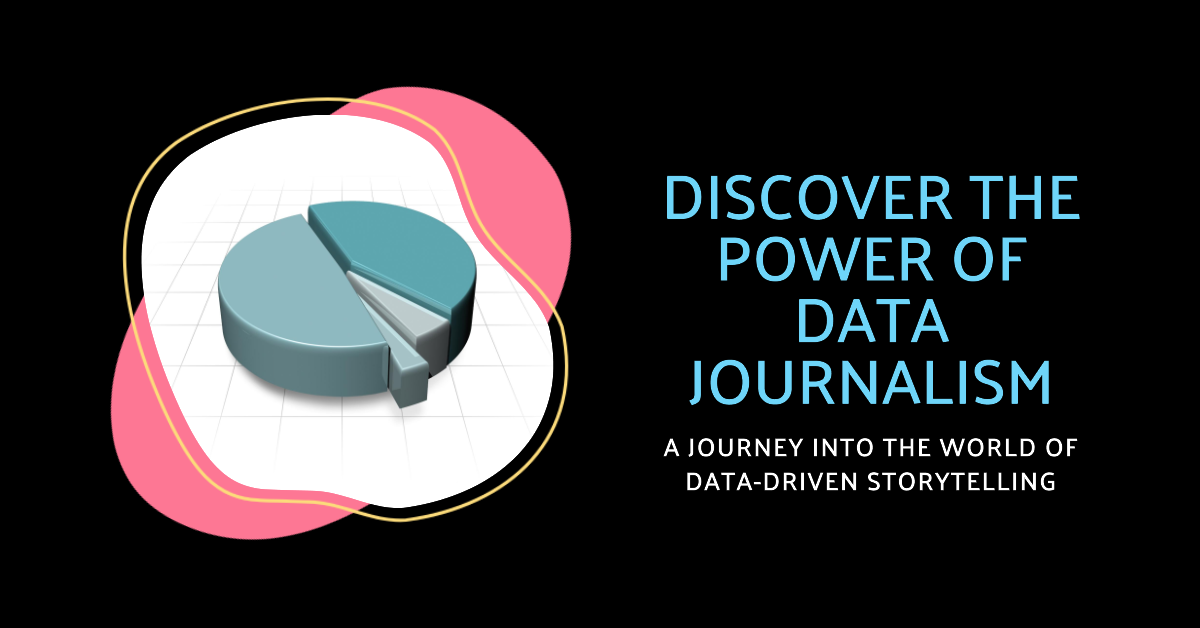Data journalism is a type of journalism that uses data to tell stories. It involves the collection, cleaning, analysis, and visualization of data to uncover insights and patterns that can be used to inform and engage audiences.
Data journalism is a relatively new field, but it has grown rapidly in recent years as the availability of data has increased and the tools for analyzing and visualizing data have become more accessible.
Data journalism can be used to tell stories about a wide range of topics, from social issues to business to politics. For example, data journalists have used data to investigate police brutality, track the spread of diseases, and expose financial fraud.
Data journalism is important because it can help us to understand the world around us in new and deeper ways. It can also help us to hold powerful people and institutions accountable.
Here are some examples of data journalism:
A data journalist might use data to investigate the disparities in school funding between different districts.
A data journalist might use data to track the impact of climate change on a particular region.
A data journalist might use data to analyze the voting patterns in a recent election.
Data journalism can be used to tell stories in a variety of ways. Some data journalists use traditional text-based reporting to present their findings. Others use data visualizations, such as charts and graphs, to make their data more accessible and visually appealing.
Data journalism can be a powerful tool for informing and engaging audiences. It can help us to understand the world around us in new and deeper ways, and it can also help us to hold powerful people and institutions accountable.
Here are some of the benefits of data journalism:
Accuracy: Data journalism can help to ensure that stories are accurate and well-informed.
Transparency: Data journalism can help to make the news more transparent and accountable.
Engagement: Data journalism can make stories more engaging and informative for audiences.
Impact: Data journalism can have a real-world impact by holding powerful people and institutions accountable and by raising awareness of important issues.
Data journalism is a growing field, and it is playing an increasingly important role in the news landscape. As the availability of data continues to increase and the tools for analyzing and visualizing data become more accessible, we can expect to see even more innovative and impactful data journalism in the years to come.







Leave feedback about this